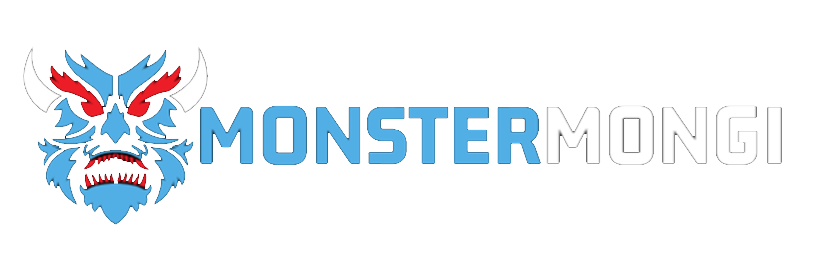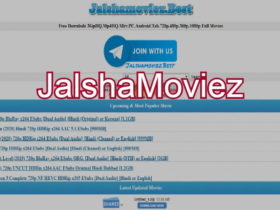Strategically adjusting room rates plays a pivotal role in enhancing revenue in the hospitality industry. Hospitality strategists employ dynamic pricing strategies that respond to market demand and competition. This proactive approach empowers businesses to optimize earnings while staying ahead in the market.
Hotel rate intelligence is integral to devising these pricing strategies. This sophisticated approach allows hoteliers to harness data-driven insights and optimize prices in response to market dynamics.
The Basics of Rate Intelligence
Understanding the basics of rate intelligence entails analyzing vast amounts of data concerning hotel rates, market trends, and competitor pricing. Hotels rely on this information to position themselves advantageously in a fluctuating market. By actively monitoring competitors’ pricing strategies and comprehending demand patterns, accommodations can adjust their rates strategically to attract more guests without compromising their own profitability. This proactive approach enables accommodations to stay competitive and capitalize on opportunities. Furthermore, by utilizing rate intelligence, these facilities can make well-informed judgments that improve overall performance and spur revenue growth.
Using Technology for Gathering Data
Technology plays a pivotal role in gathering data, offering robust tools for efficiently collecting and analyzing pricing data. These systems track changes in real time, ensuring that hotels have up-to-the-minute information on how competing accommodations are valuing their rooms. Such comprehensive data access ensures that valuation decisions are informed and strategic, based on concrete insights rather than speculation. Moreover, technology empowers hotels to adapt quickly to market dynamics, maintaining competitiveness and maximizing revenue potential. With the aid of modern technology, hotels can optimize their pricing strategies and enhance overall performance in the hospitality industry.
Price Optimization Techniques
Price optimization techniques encompass more than merely lowering or increasing rates during slow periods during high demand. It involves implementing personalized pricing and adjusting rates based on the booking habits and preferences of potential guests. Furthermore, segment-based charging can be utilized, setting different prices for various types of rooms to target diverse customer segments effectively. By employing these techniques, businesses can maximize revenue potential while catering to the specific needs and preferences of their customer base. By taking a proactive stance on pricing, hotels can take advantage of market opportunities and maintain their competitiveness.
Predictive Analytics and Price Forecasting
Forecasting future pricing trends based on historical data is primarily made possible by predictive analytics. This forward-looking approach enables hotels to anticipate market movements and prepare accordingly. By leveraging predictive analytics, hotels can predict periods of high demand, allowing them to increase rates and maximize revenue potential preemptively. Additionally, this data-driven approach empowers accommodations to optimize inventory management, ensuring that rooms are priced competitively to capitalize on market opportunities. By integrating predictive analytics into their pricing strategies, hotels can stay ahead of the curve and achieve greater profitability in the dynamic hospitality industry.
Integrating Rate Intelligence into Revenue Management
Integrating rate intelligence into revenue management is vital for hotels. Aligning pricing decisions with broader business goals ensures that every pricing adjustment contributes to long-term success. This integration helps maintain a competitive edge by offering prices that attract guests while optimizing revenue. By incorporating a data-centric approach, hotels can make informed pricing decisions that drive profitability and enhance overall performance. Furthermore, hotels may quickly adjust to market dynamics, staying ahead of competitors and seizing new opportunities by incorporating price information into their revenue management plans. This proactive alignment ensures pricing strategies lead to sustainable growth and success in hospitality.
Hotel rate intelligence provides hoteliers with a powerful tool to craft effective pricing strategies. This approach not only enhances a hotel’s ability to respond to market changes but also supports sustainable business growth through strategic rate adjustments. As the industry evolves, those who leverage such insights likely lead to profitability and guest satisfaction.














